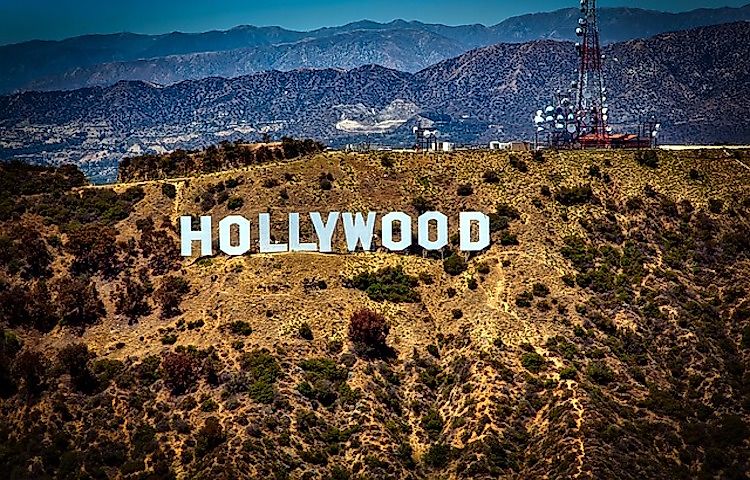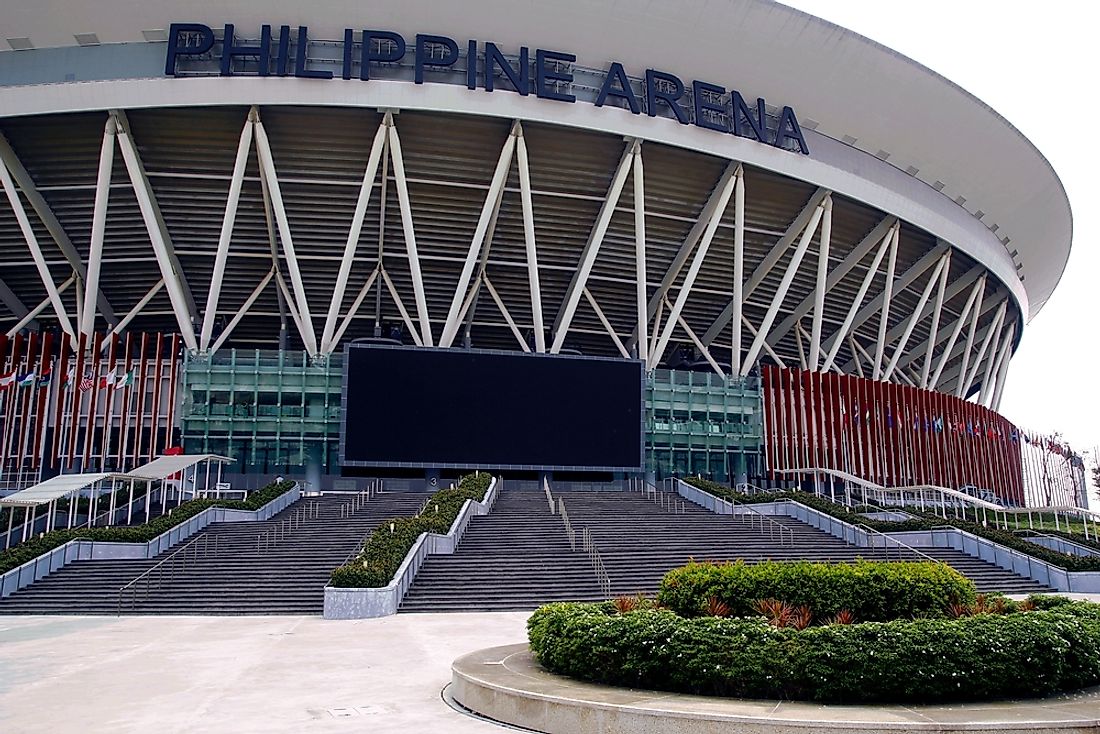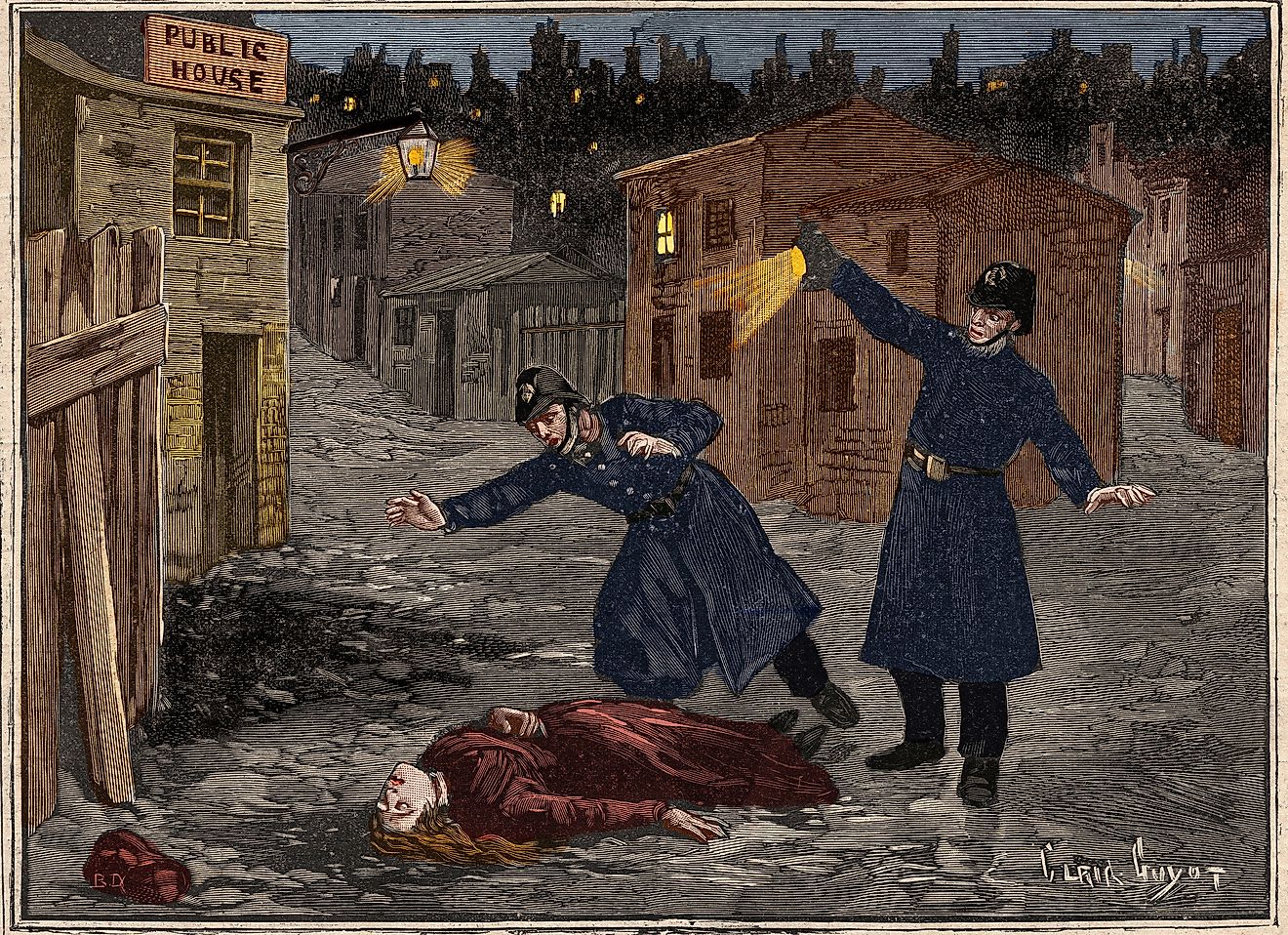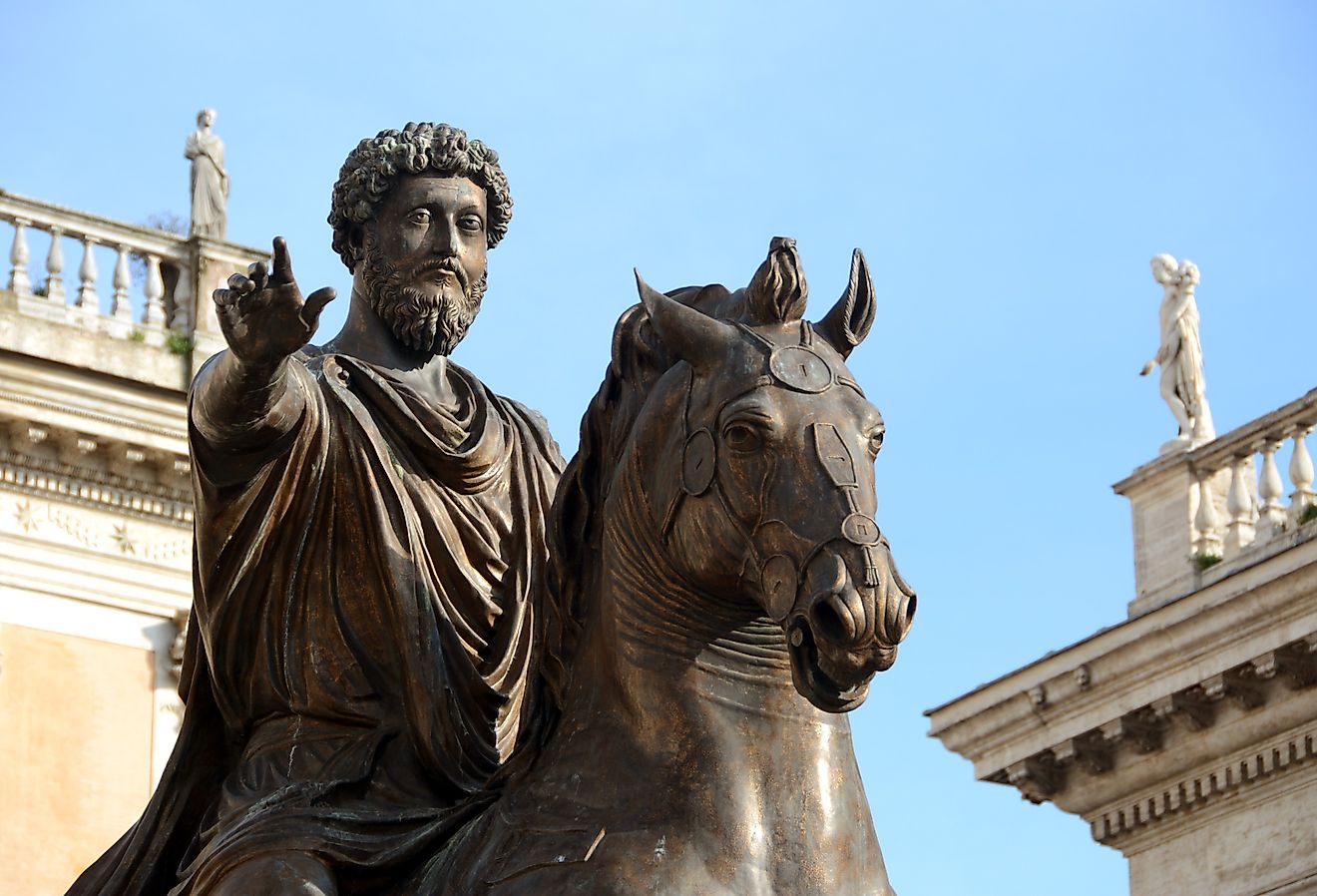Ronald Reagan - 40th President Of The United States

5. Early Life
Ronald Reagan, the 40th President of United States, was born on February 6th, 1911, in Tampico, Illinois. As a young boy, Reagan raised rabbits with his older brother, and collected birds nests and butterflies. He was adventurous, and even escaped death once while playing under a train that started moving. Reagan attended Dixon High School, where he played football and basketball, as well as acting in school plays and being on the debate team, until he graduated in 1928, and entered Eureka College. At the college, he studied economics and sociology, and graduated in 1932 with a "C"-level grade point average. He went on to an entertainment career in radio and film.
4. Rise to Power
Reagan had been active politically since the 1950s, when he became nationally knowns as an avid spokesman against Communism. While Governor of California, his first foray into the US presidential race was in 1976, when he unsuccessfully challenged Gerald Ford for the Republican nomination. His loss was due to a speech Reagan had made on federal government spending, as Ford’s team argued that, if it was implemented, the states would either go bankrupt or be forced to dramatically raise taxes. Nonetheless, Gerald Ford wound up losing the election to the Democrat candidate Jimmy Carter in the bid for the Presidency. From the mid-1970s until 1980, Reagan was vocal against the growing influence of the Soviet Union across the world, and what he considered excessive government interference within the US business arena. As 1980 rolled around, he was elected President by the masses of American voters troubled by inflation and waning US influence in world affairs. This was compounded by the Americans then being detained in Iran, after the revolution which happened during Carter’s term.
3. Contributions
Reagan is viewed as being partly responsible for a 1980s renewal of American influence throughout the world. After taking office in 1981, he obtained Congressional backing and subsequent legislation for his policy of neoliberal economics and favor for big business over trade unions or government spending. These policies had initial benefits, such as stimulating economic growth, decreasing inflation, increasing employment, and strengthening the national defense. According to White House notes from the time, he also embarked on making cuts in taxes and government expenditures, refusing to abandon these measures even when they resulted in a large deficit. Some scholars also credit Reagan's diplomatic actions with hastening the fall of the Soviet Union and the Eastern Bloc. Among the measures the Reagan administration took that may have precipitated the Soviet collapse were economic policies that lowered oil prices and denied the Soviet Union flow of hard currency. Trade regulations also reduced the flow of Western technology into Soviet territory.
2. Challenges
On March 30th, 1981, a few months into his presidency, Reagan was almost assassinated after being shot in the chest by John Hinckley, Jr., a mentally ill man. Also, during the second term, his administration became embroiled in the infamous Iran-Contra Affair. Congressional hearings revealed that the Reagan administration had authorized the sale of arms to Iran so that US hostages in Lebanon would be freed. The money gained was diverted to Nicaragua to aid the anti-communist Contras there.This left Reagan’s reputation as an honest man in doubt by many Americans and people around the globe. Furthermore, though the economically neoliberal policies that Reagan advocated had some benefits they also carried long-term consequences, and his administration was blamed for tripling the national debt, which reached $3 trillion USD during his term.
1. Death and Legacy
On June 5th, 2004, Ronald Reagan died of pneumonia, following years of suffering from debilitating Alzheimer's disease. Reagan’s charisma and oratory abilities led to him being dubbed as "The Great Communicator". His Conservative ideals were credited with forcing the Democrats' hands in opting for a centrist, moderate candidate of their own in Bill Clinton during the 1992 Elections. Following the conservative-dominated 1980s, many viewed such a move a Democrats' only hope of recapturing the White House in 1992, which they successfully did. Even in US general elections today, many Republicans, and even some Democrats, will invoke Reagan’s legacy to appeal to supporters. His admirers credit him with winning the Cold War, though many critics dispute this, claiming that the Soviet collapse was due to a variety of other factors which had much less to do with Reagan's actions as US President.











